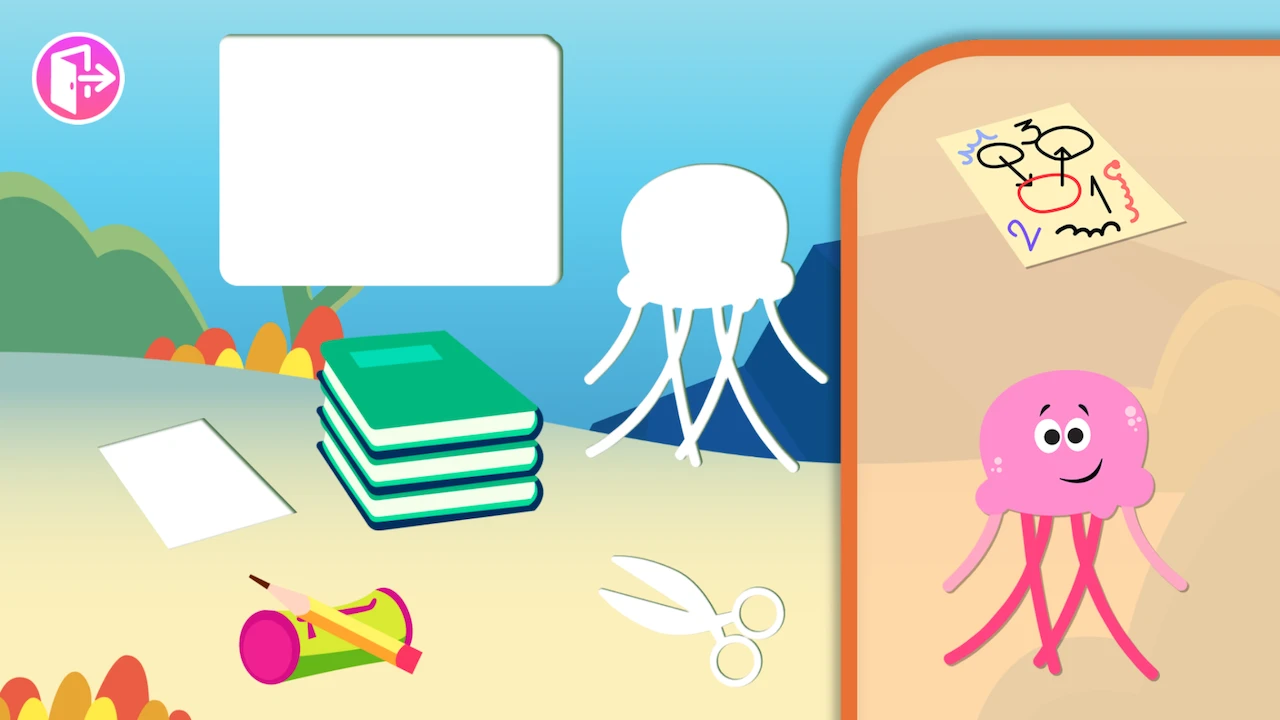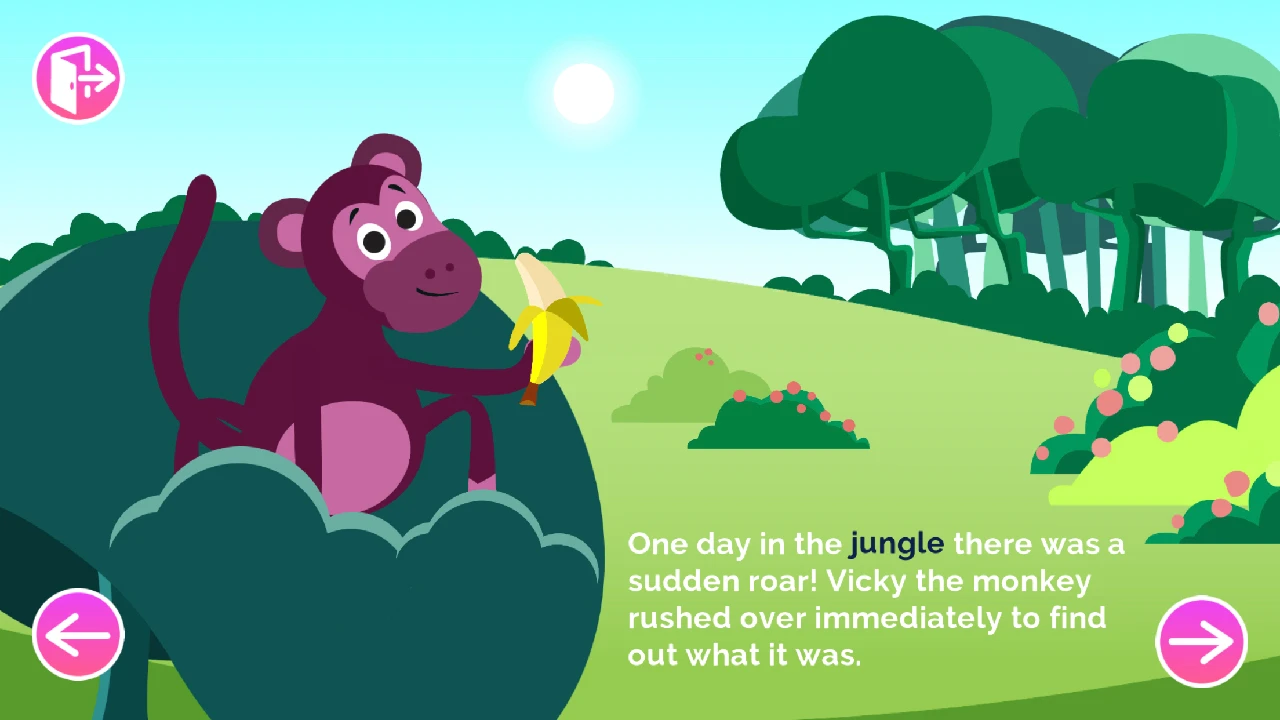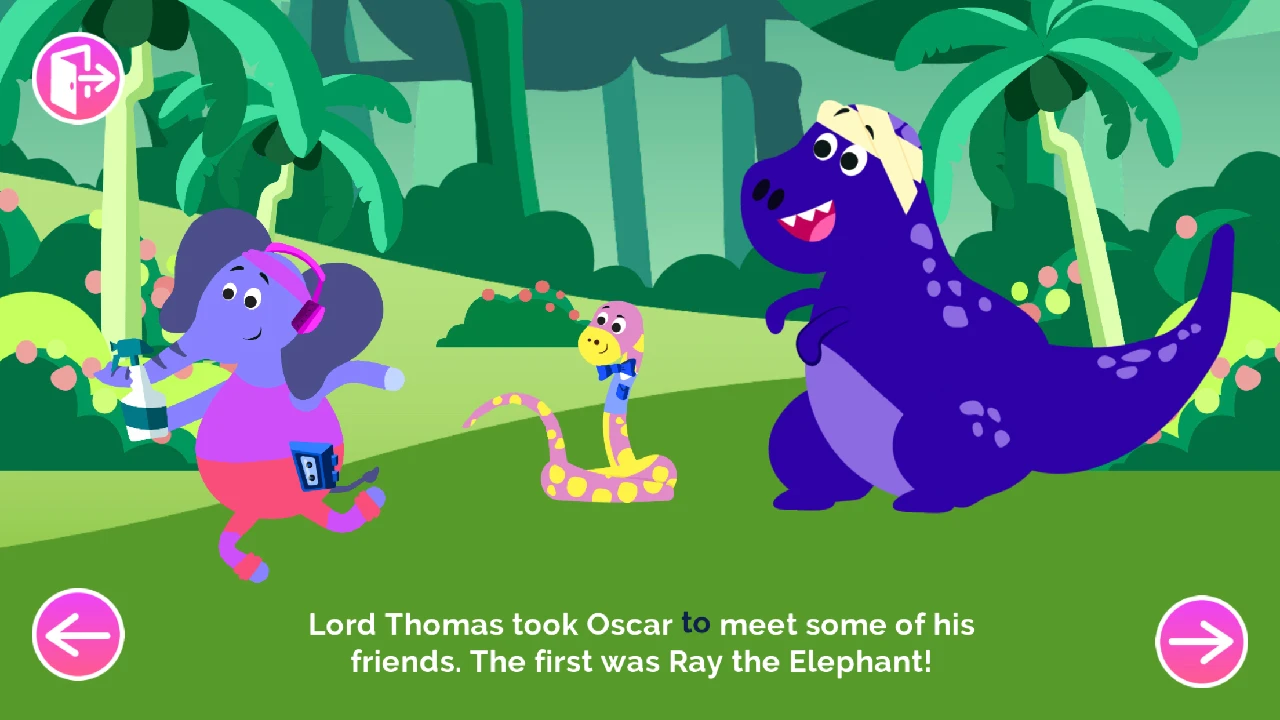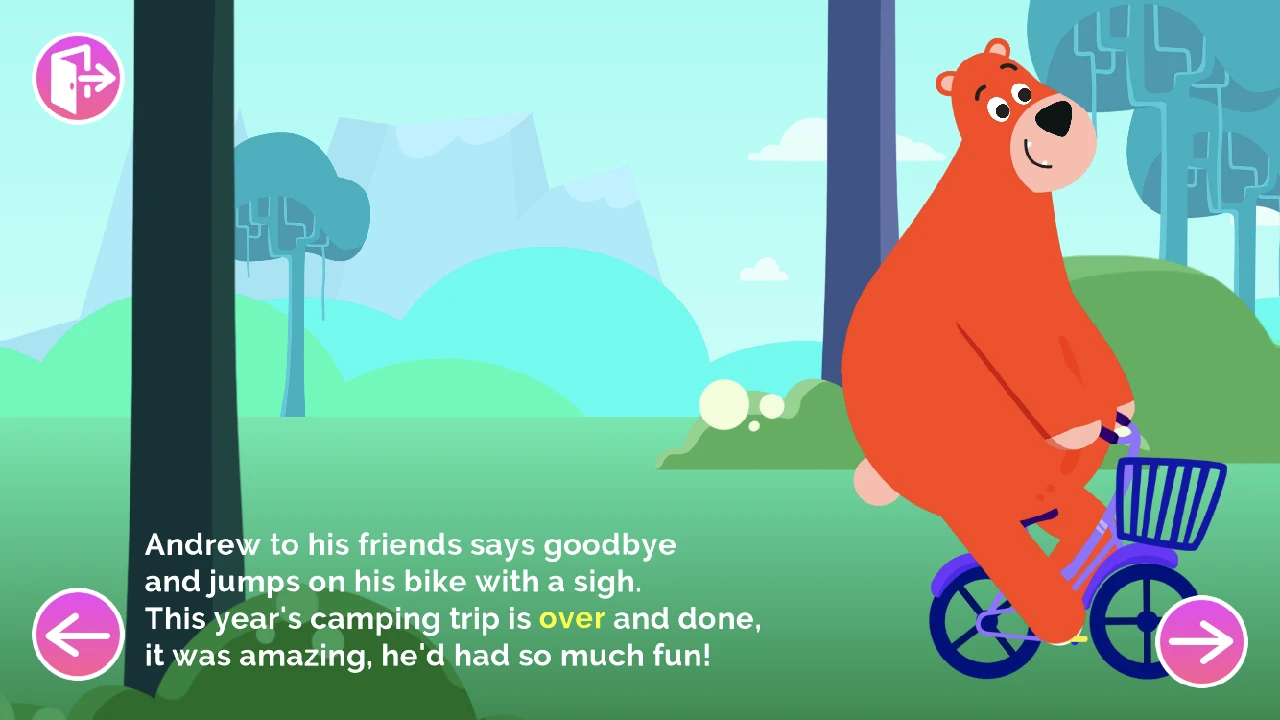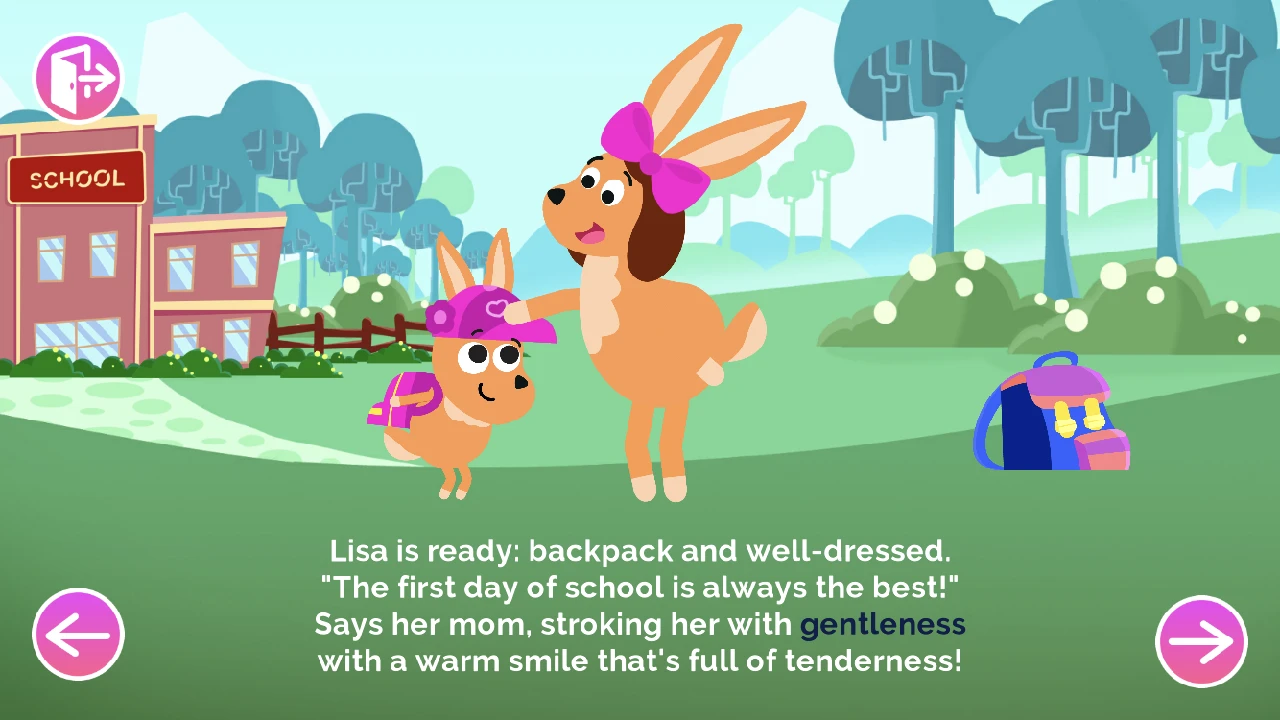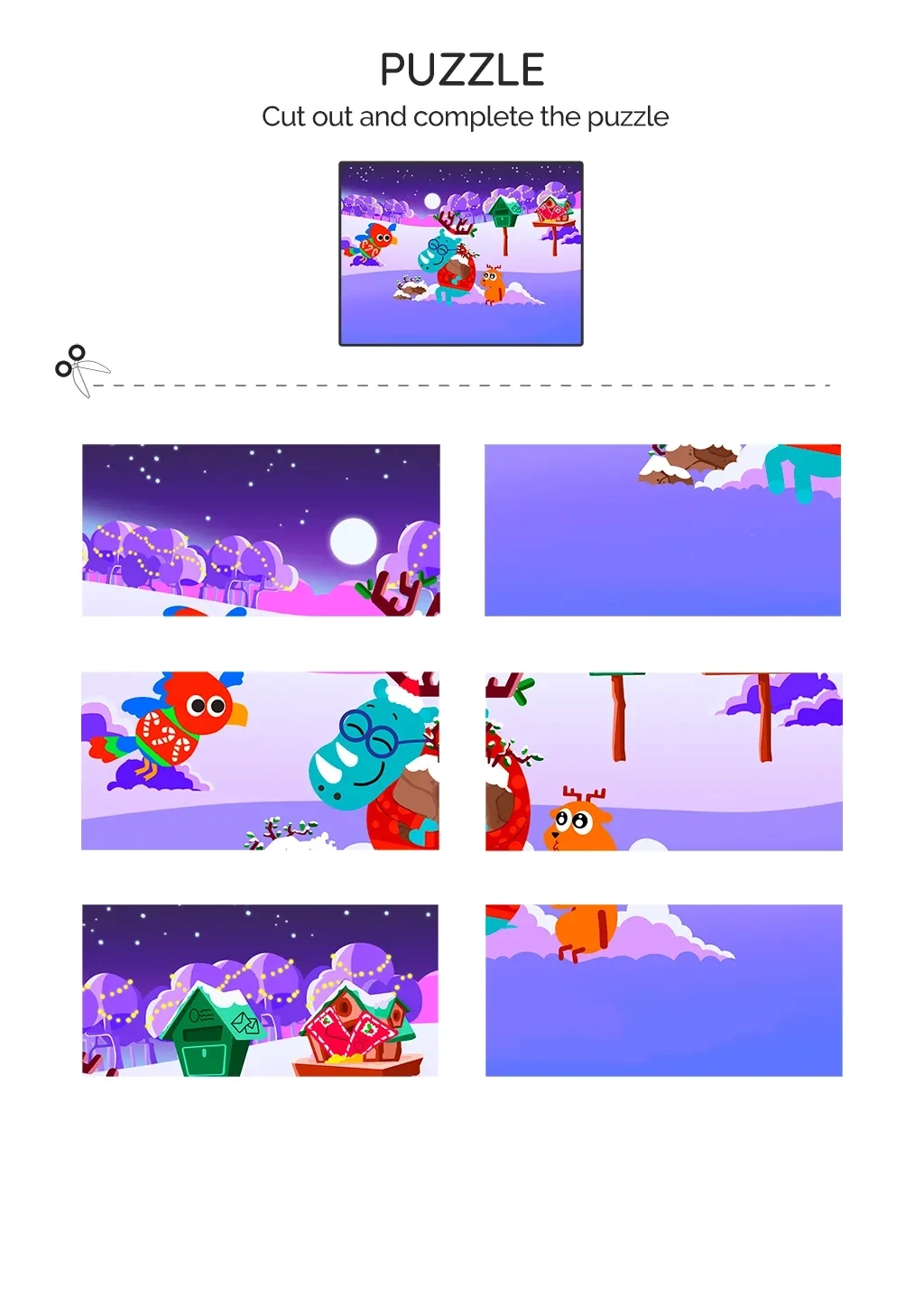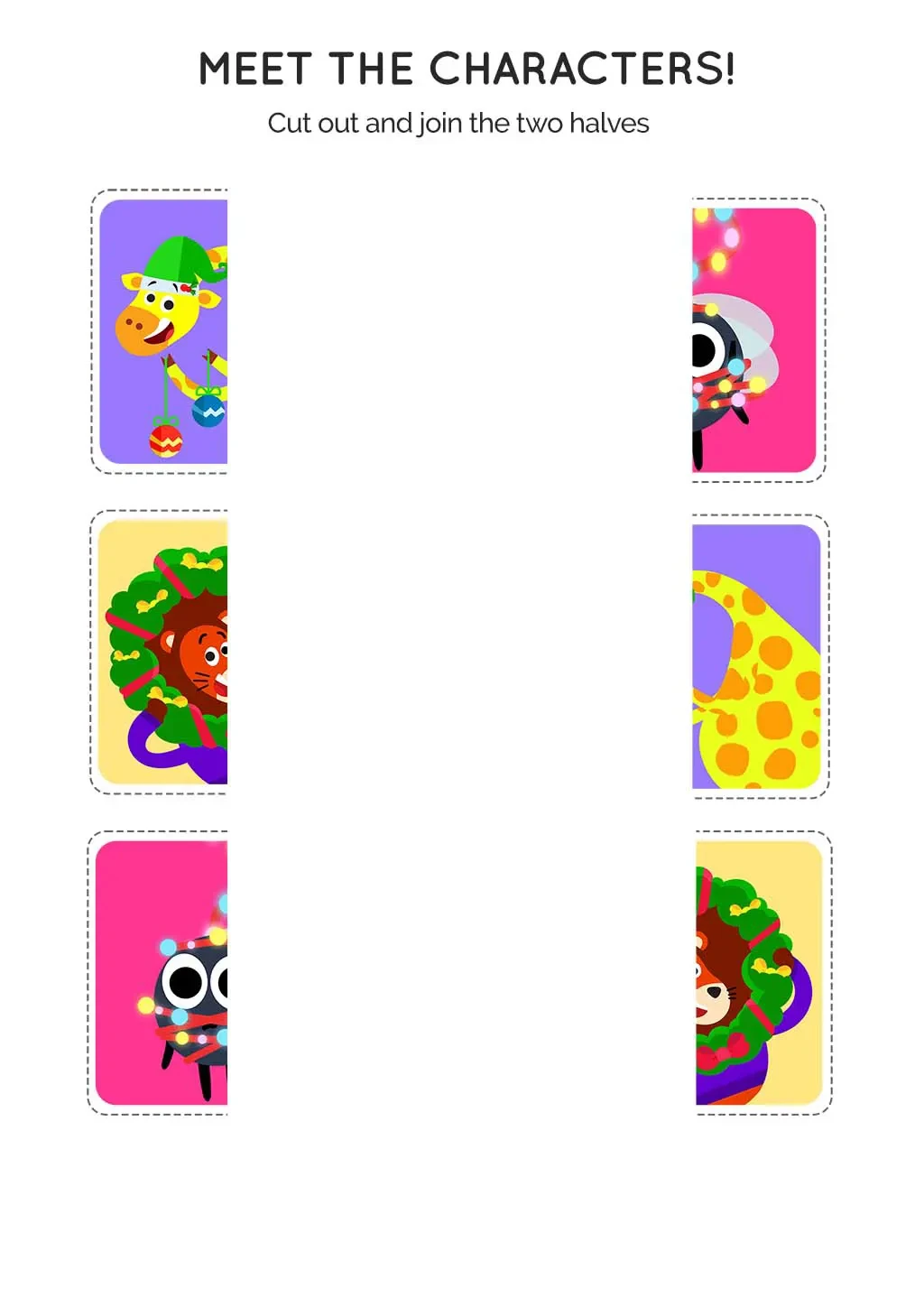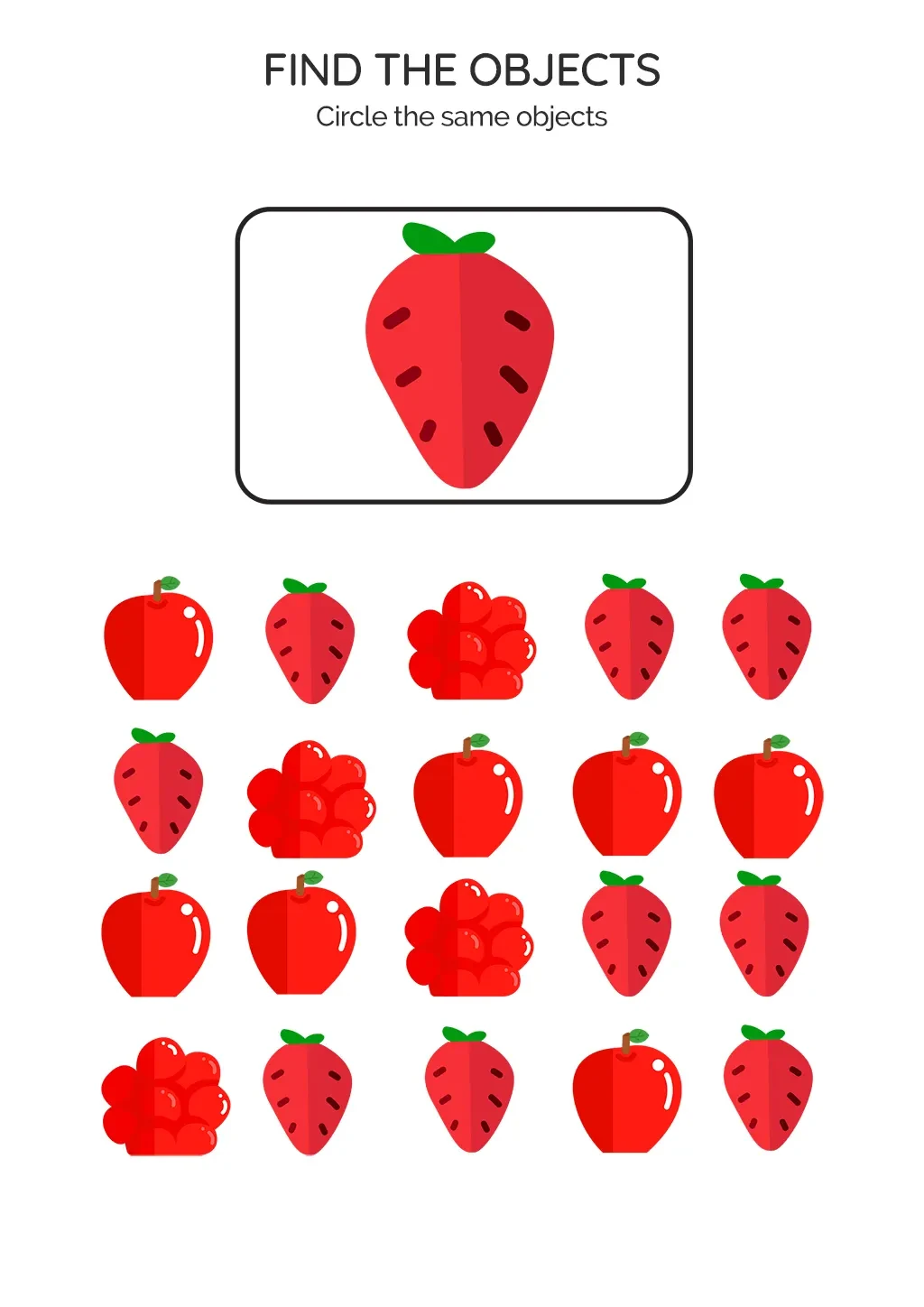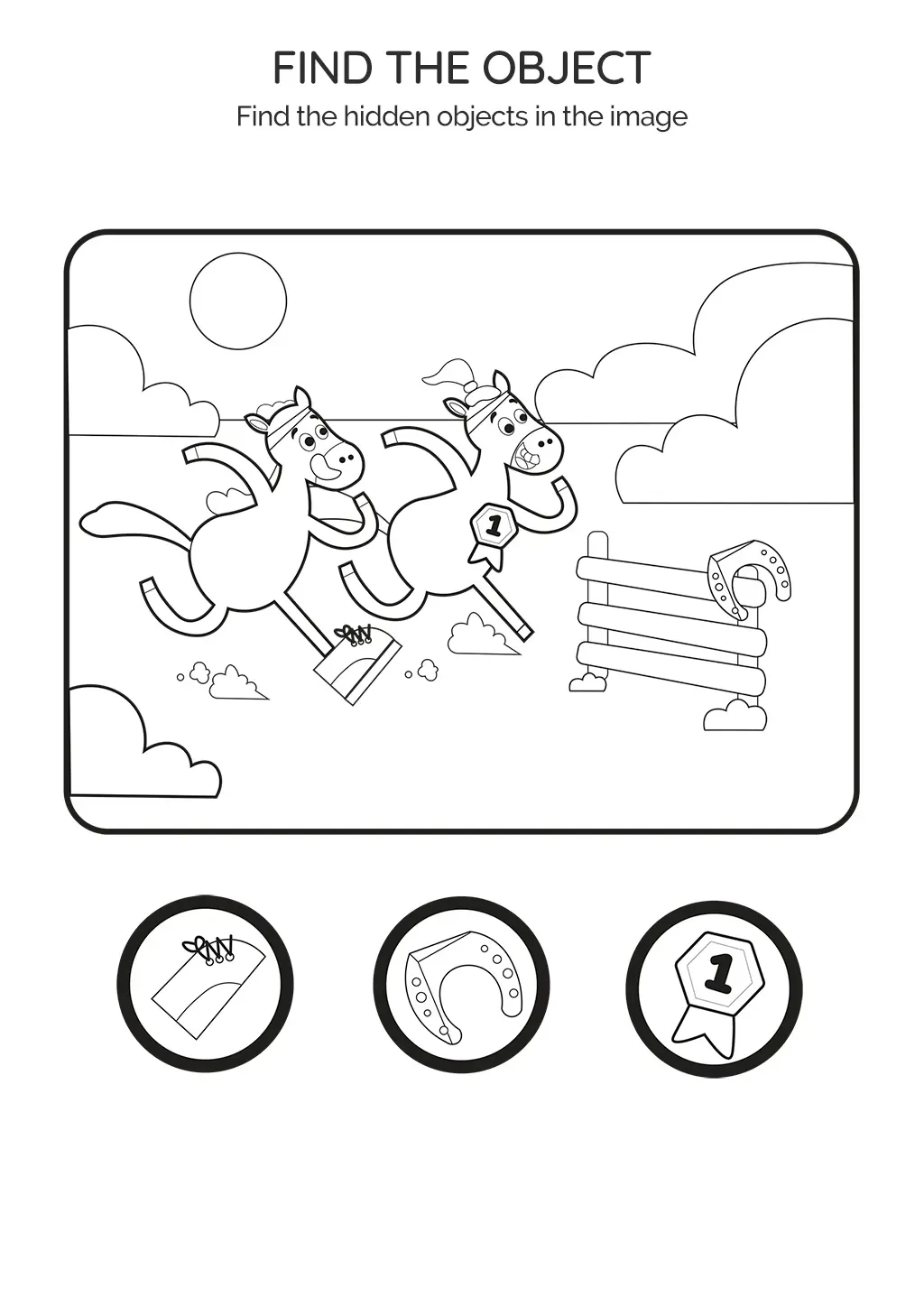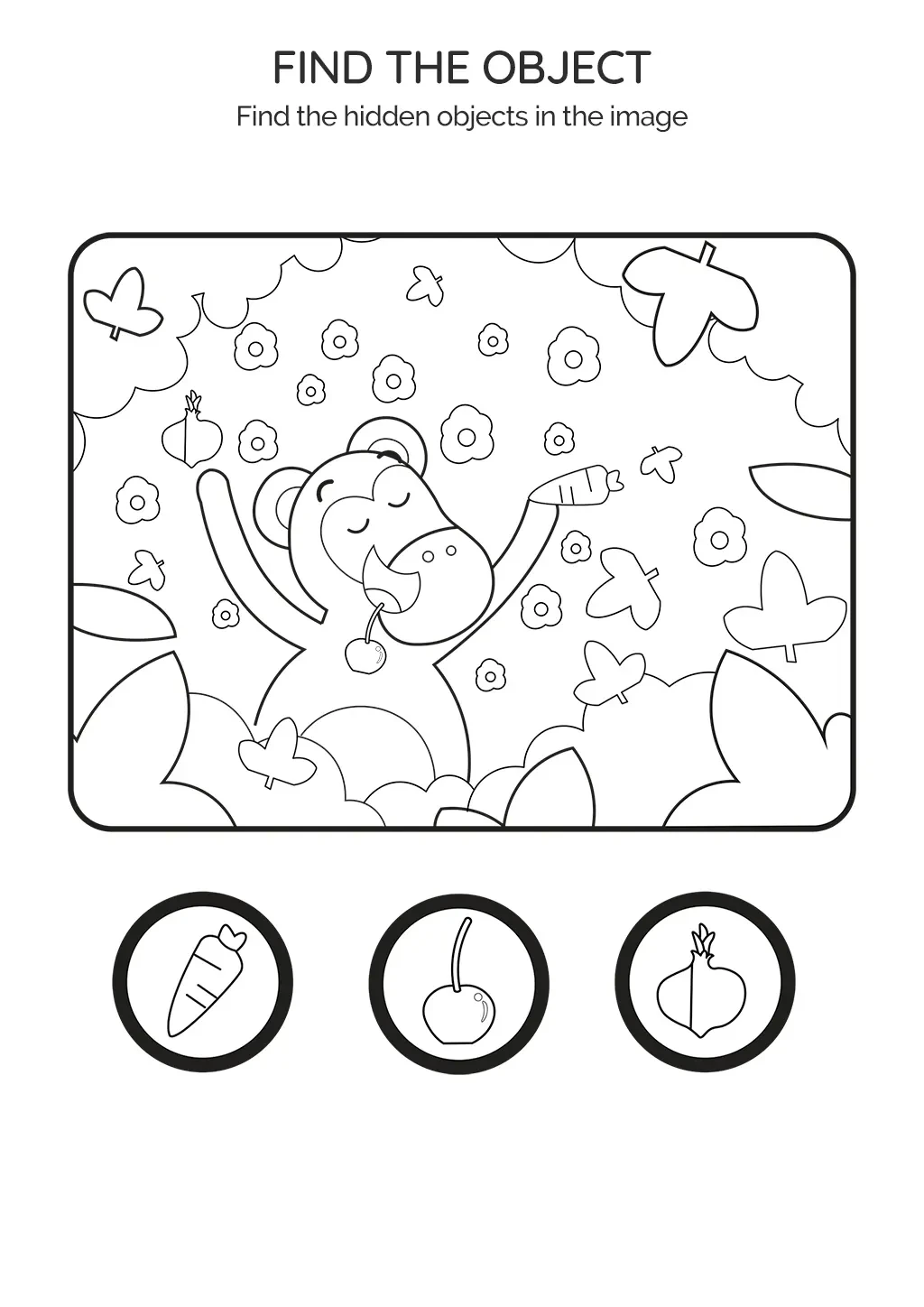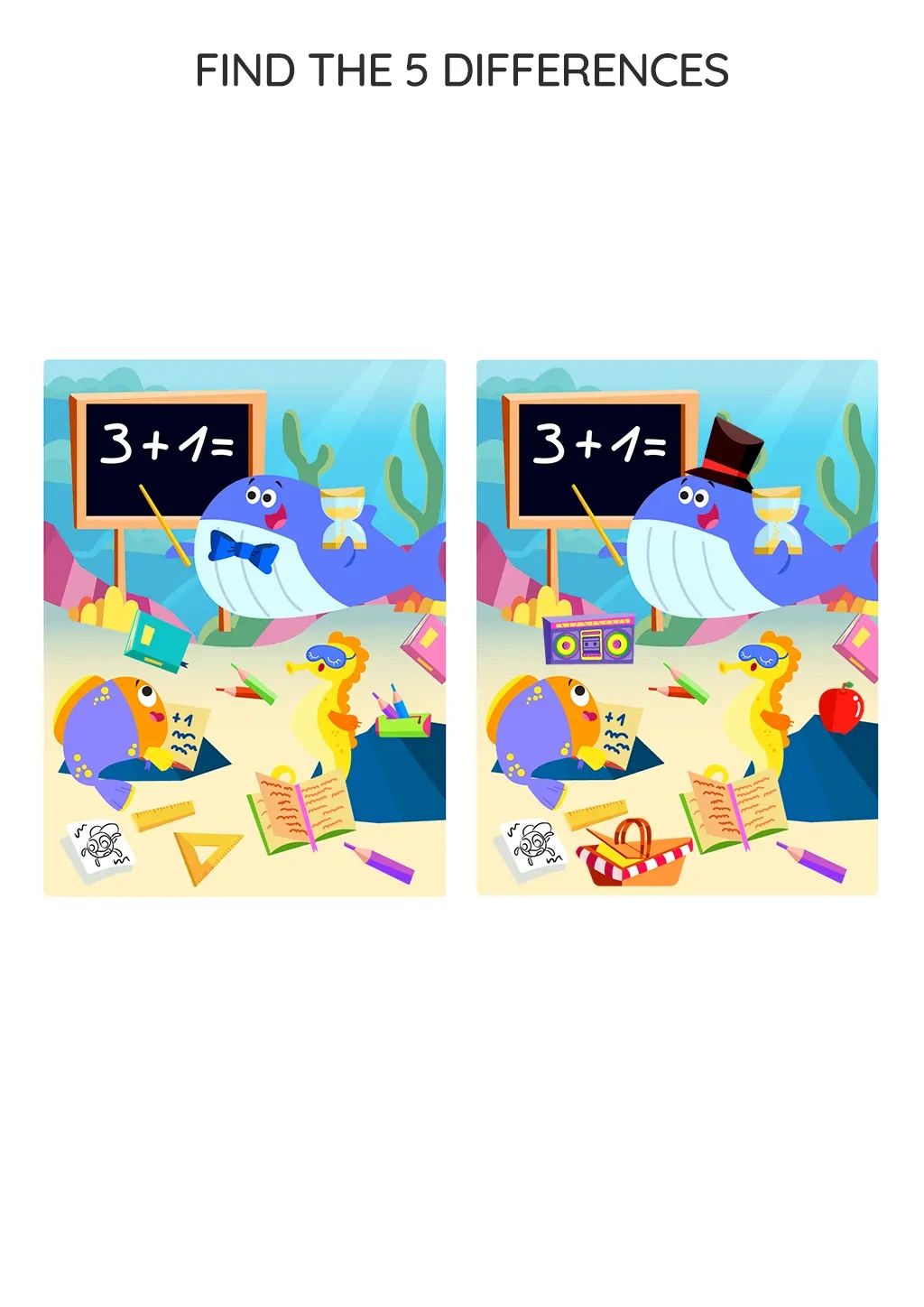Fine motor skills are an integral part of our daily lives. Whether it’s turning the pages of a book, buttoning a shirt, or writing a name, these skills allow us to perform tasks that require precision and coordination of small muscle movements. For young children, developing fine motor skills is an essential stepping stone to independence and learning. Mastering these skills lays the groundwork for academic tasks such as writing, coloring, and cutting. Moreover, fine motor skills development has a direct impact on a child’s ability to complete self-care tasks like feeding, dressing, and grooming. Thus, nurturing these skills from a young age is crucial. Let’s delve into the world of fine motor skills and explore how we can stimulate their development in children.
Fine motor skills involve the use of the smaller muscle groups in our hands, fingers, and wrists. They require precision, control, and coordination to perform detailed tasks. These skills are different from gross motor skills, which involve larger muscles and control movements like running, jumping, and throwing. Fine motor skills play a crucial role in a child’s development, particularly in school readiness. They contribute to tasks such as holding a pencil, tying shoelaces, or using scissors. Without these skills, children might struggle with academic activities, leading to frustration and impact on their learning journey. Therefore, recognizing and nurturing fine motor skills is essential in early childhood education.
Looking for creative ways to enhance your child’s fine motor skills? Here are five engaging activities that not only strengthen these skills but also promise a fun learning experience.
Remember, the goal is to create a learning environment that is fun, engaging, and stimulating. Happy exploring!
As a parent or educator, you have a significant role to play in helping children develop fine motor skills. By incorporating games, stories, and educational worksheets from the Smart Tales platform, you can effectively engage children in activities that stimulate their fine motor development. The platform offers an abundance of resources designed to make the learning process enjoyable and meaningful.
Dive into the world of Smart Tales, where each story offers a unique opportunity for children to develop their fine motor skills. These interactive narratives involve lovable characters who navigate various scenarios that require precision, control, and dexterity, allowing children to engage their fine motor skills in a fun, story-based context.
Spark children’s curiosity and learning through the captivating games available on the Smart Tales app. Each game offers a unique, immersive experience that challenges and nurtures children’s fine motor skills. Children can engage in tasks that require precision, patience, and problem-solving, all while enhancing their fine motor abilities.
Utilize the educational worksheets from Smart Tales to further enhance children’s fine motor skills. These worksheets involve activities such as tracing, drawing, and cutting, designed to engage children in tasks that require precision and coordination. As children interact with these worksheets, they’re also reinforcing their understanding and mastery of fine motor skills.
Fine motor skills are integral to a child’s overall development and academic success. These skills involve the coordination and precision of small muscle movements, playing a crucial role in tasks such as writing, drawing, and self-care activities. With engaging stories, interactive games, and educational worksheets from the Smart Tales platform, you can offer children an enjoyable and effective way to enhance their fine motor skills. Remember, the goal is to make learning an exciting journey of exploration and discovery.






